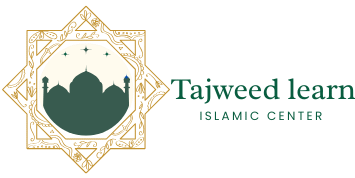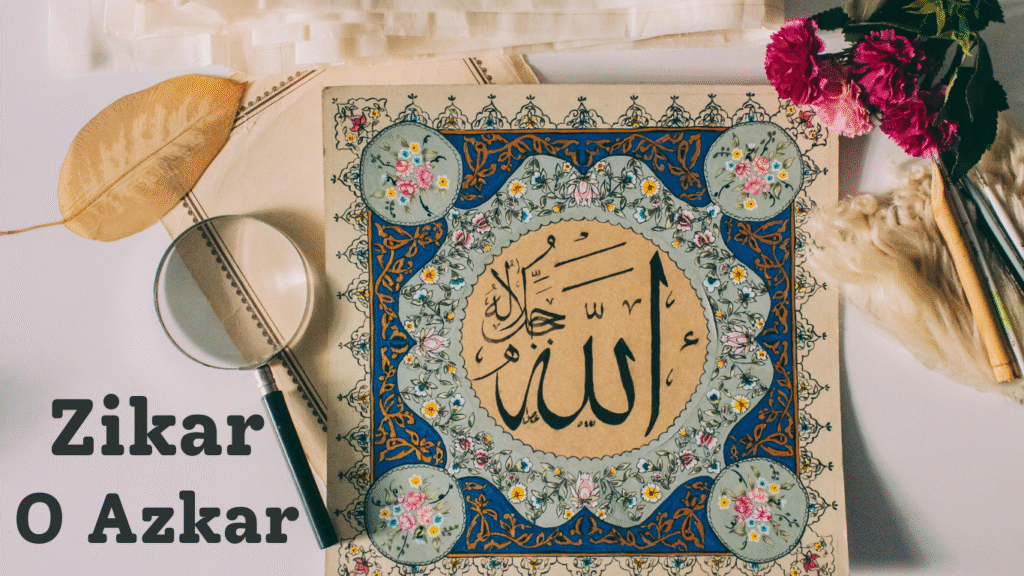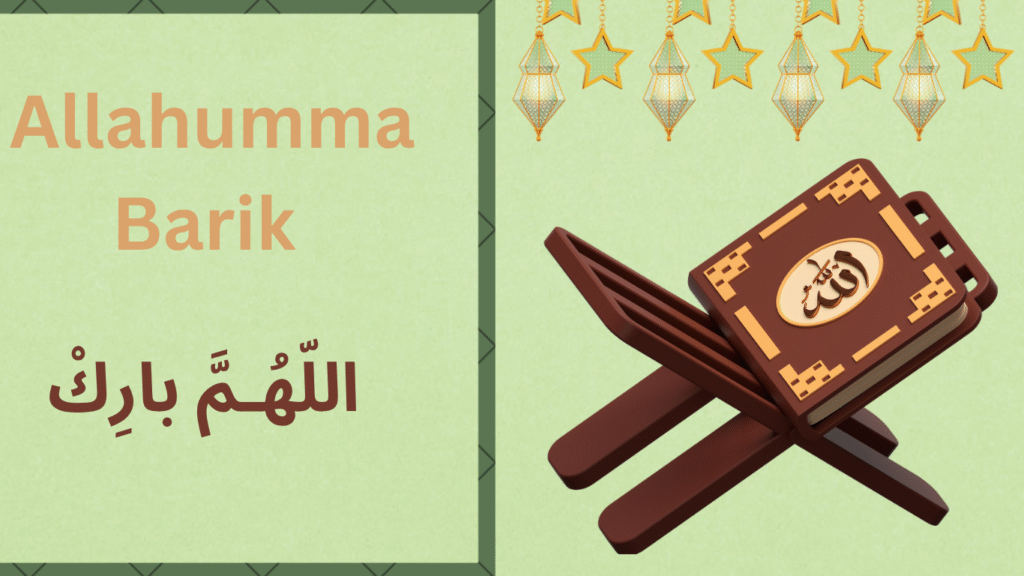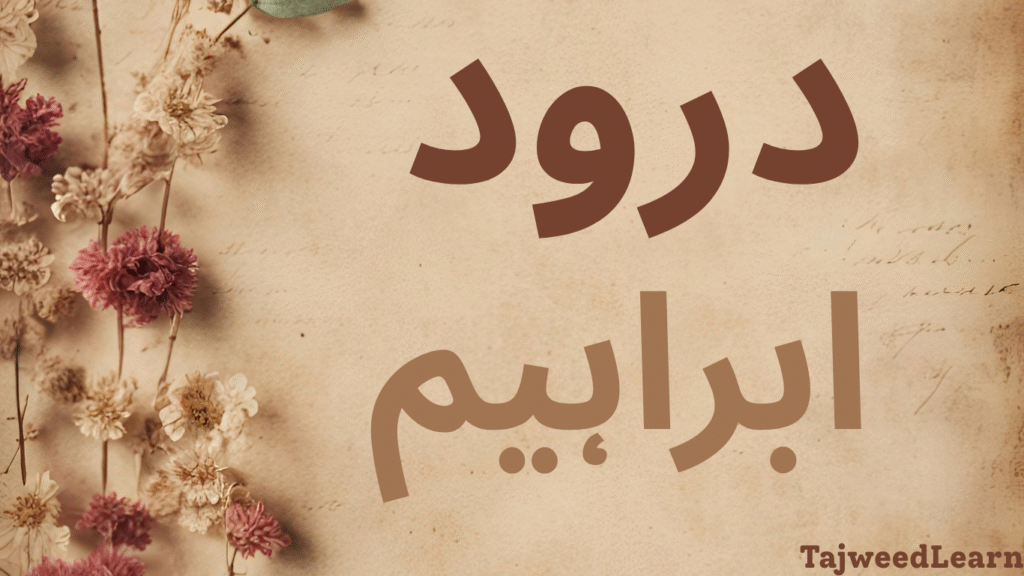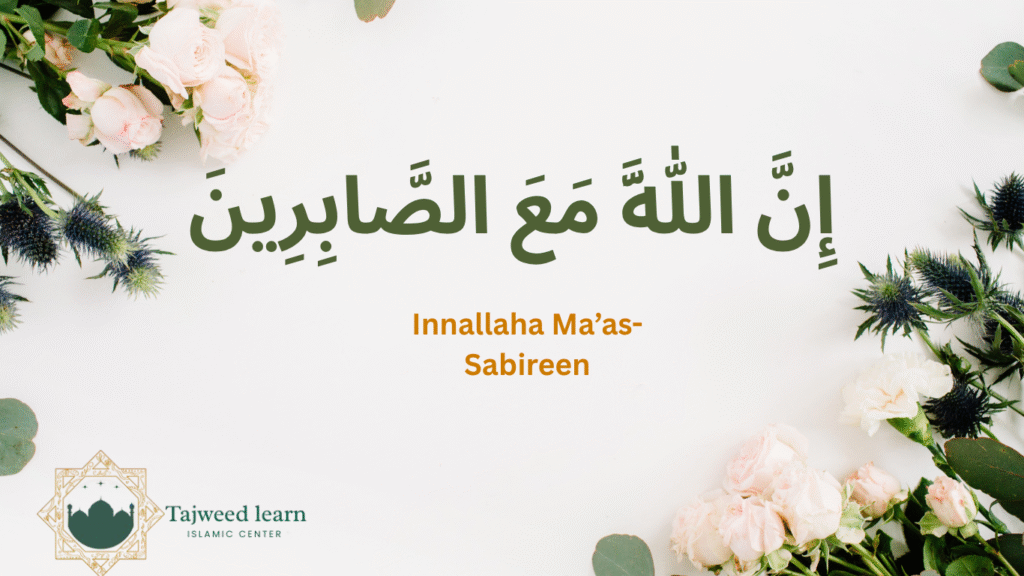What Does Mashallah Mean?
The Arabic phrase Mashallah (ما شاء الله) means “What Allah has willed has happened”. It reflects deep spiritual and religious belief in Allah’s will, destiny, and divine sovereignty. Rooted in Islamic faith, the phrase is used to express admiration, respect, and thankfulness, acknowledging that all good things come by the will of Allah.
Transliteration and Translations
-
Arabic:
ما شاء الله -
Transliteration:
Ma shaa Allah -
Mashallah Meaning in English:
What Allah has willed has happened / As God has willed -
Mashallah Meaning in Urdu:
ماشاءاللہ
This phrase is commonly used across the Muslim world and is found in many daily conversations, showing deep appreciation for blessings and beauty.
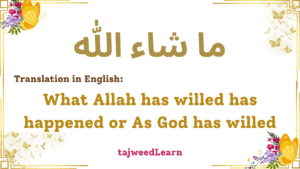
When Do We Say Mashallah?
We say Mashallah when we witness something admirable, beautiful, or fortunate. For example:
-
When a healthy newborn is born
-
When someone achieves success
-
When seeing someone’s beautiful home, clothes, or talent
By saying Mashallah in Arabic, people show both admiration and invoke protection against jealousy and the evil eye. It’s not only a way to express gratitude, but also a spiritual shield in many cultures.
Read More: Allahumma Barik (اللّهُـمَّ بارِكْ)
Mashallah to Protect from Evil Eye and Jealousy
The belief that the evil eye can cause harm is well-known in Islamic tradition. When someone praises another without invoking Allah’s will, it may unintentionally bring harm through envy or negative energy. To counter this, saying Mashallah serves as a way to protect from the evil eye, jealousy, and even jinns.
For example, if someone compliments a child’s beauty or a person’s wealth, saying Mashallah helps guard against harm while showing appreciation.
Hadith About Saying Mashallah
One narration emphasizes the importance of giving full recognition to Allah’s will:
Ibn Abbas reported:
A man once told the Prophet ﷺ, “Whatever Allah wills and you will.”
The Prophet ﷺ replied,
“He has made me an equal with Allah. Rather say, ‘What Allah alone wills.’” (Al-Adab Al-Mufrad 783, graded Sahih by Al-Albani)
This hadith reminds us that true belief in Tawheed (monotheism) requires attributing everything good to Allah alone. Therefore, saying Mashallah is an act of faith and respect.
Another hadith states:
“The evil eye is real, and if anything were to overtake the divine decree, it would be the evil eye.” (Sahih Muslim)
Although this hadith does not mention Mashallah directly, it supports the Islamic tradition of using such expressions to protect and preserve blessings.
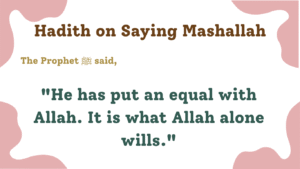
Mashallah Meaning in Urdu and English
Understanding the phrase in both Urdu and English deepens our appreciation of its meaning:
-
Urdu:
ماشاءاللہ – ایک خوبصورت دعائیہ کلمہ جو اللہ کی عطا کردہ نعمتوں کا اعتراف کرتا ہے۔ -
English:
Mashallah – A beautiful expression acknowledging that blessings happen only by Allah’s will.
Whether spoken in Urdu, Arabic, or English, the impact remains spiritual and positive.
Read More: Innallaha-ma-sabireen
Mashallah vs Inshallah
Many people also wonder about the difference between Inshallah and Mashallah:
-
Mashallah:
Said when something good has happened (appreciation of a present blessing) -
Inshallah:
Means “If Allah wills” – used for future hopes and intentions
So while Inshallah, Mashallah meaning differ in context, both reflect a strong belief in Allah’s plan.
Benefits of Saying Mashallah
Here are some benefits of using this blessed phrase:
1. Protection from Negative Energy
Reciting Mashallah helps keep jealousy, the evil eye, and jinns at bay by acknowledging that a blessing is from Allah, not from human effort alone.
2. Expressing Gratitude
It shows heartfelt gratitude to Allah for everything we or others have received.
3. Preserving Health and Well-being
Particularly when said for newborns or someone’s good health, it helps preserve well-being and avoid harm.
4. Cultural and Religious Connection
Saying Mashallah in Arabic is more than just words – it’s a cultural and religious tradition across Muslim societies that helps people stay connected to faith.
5. Promotes a Positive Mindset
When we say Mashallah, we focus on the good, reduce envy, and create a peaceful, appreciative environment.
Beautiful Mashallah in Arabic Calligraphy
The phrase “Beautiful Mashallah in Arabic” is often used in Islamic art and home decor. Its elegant calligraphy is displayed to remind households of Allah’s blessings and to serve as a protective charm. Whether painted on walls or engraved in jewelry, it symbolizes both faith and beauty.
Read More: Durood e Ibrahim
Habibi Mashallah Meaning
In popular culture, phrases like “Habibi Mashallah” are often used.
-
Habibi means “my beloved” in Arabic.
-
So, Habibi Mashallah can be translated as “My beloved, as Allah has willed.”
It combines affection and spiritual appreciation in one phrase.
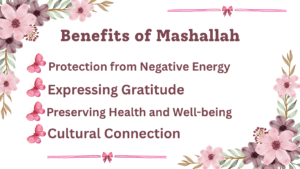
Final Thoughts on Mashallah
Saying Mashallah is more than just tradition. It’s a way to:
-
Recognize the blessings of Allah
-
Express thankfulness
-
Promote positivity and humility
-
Read More: Allahumma Barik (اللّهُـمَّ بارِكْ)Protect against unseen harm
In daily life, whether someone receives good news, achieves a milestone, or simply looks joyful, saying Mashallah creates a space of faith, kindness, and sincerity.
